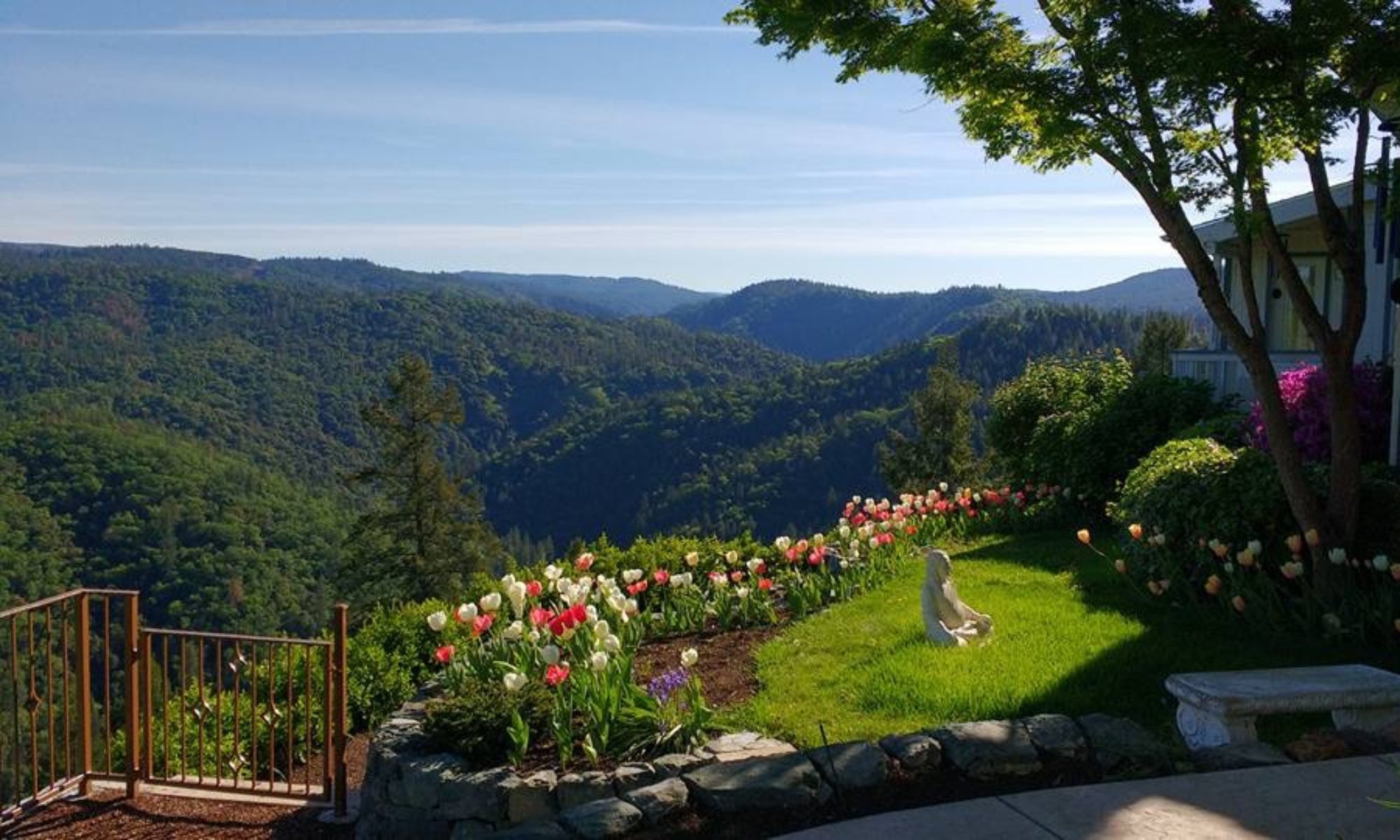
A post from the group Camino de Santiago All Routes randomly popped up on my Facebook feed today. I really enjoyed reading it and on an impulse clicked through to the author’s personal profile.
Declan McGuiness is from Carrickfergus in Northern Ireland. An accountant, he sounds like a completely average kind of guy, but I was deeply touched as I read one after another of his Facebook posts.
He writes about suicide prevention and mental health and caring for one another. I love his wisdom and compassion, plus I get a kick out of the Irishness of it all. I can practically hear his accent as I read his words.
Hey lads?
Imagine if you counted your achievements as often as you count your flaws???
Imagine if you counted your wins as often as you count your defeats?
Imagine if you counted your compliments as often as your insults?
Imagine if you counted your pluses as often as your minuses?
Imagine if you gave yourself a break?
Imagine?
You know the wee voice that tells you that you can’t do it?
You can’t climb that hill?
You can’t hike that distance?
You can’t cycle that far?
It does our head in, doesn’t it?
But.
Maybe we are hearing it wrong.
Maybe it’s not actually saying no all the time.
Maybe it’s actually saying be careful climbing that hill.
Maybe it’s actually saying take a break if you are going to hike that distance.
Maybe it’s a actually saying take provisions and spares if you are going to cycle that far.
Maybe it’s not trying to stop us.
Maybe it’s trying to protect us.
Just a thought.
Maybe go ahead and do the things.
But listen to the voice, and take care.
It’s OK not to feel OK.











